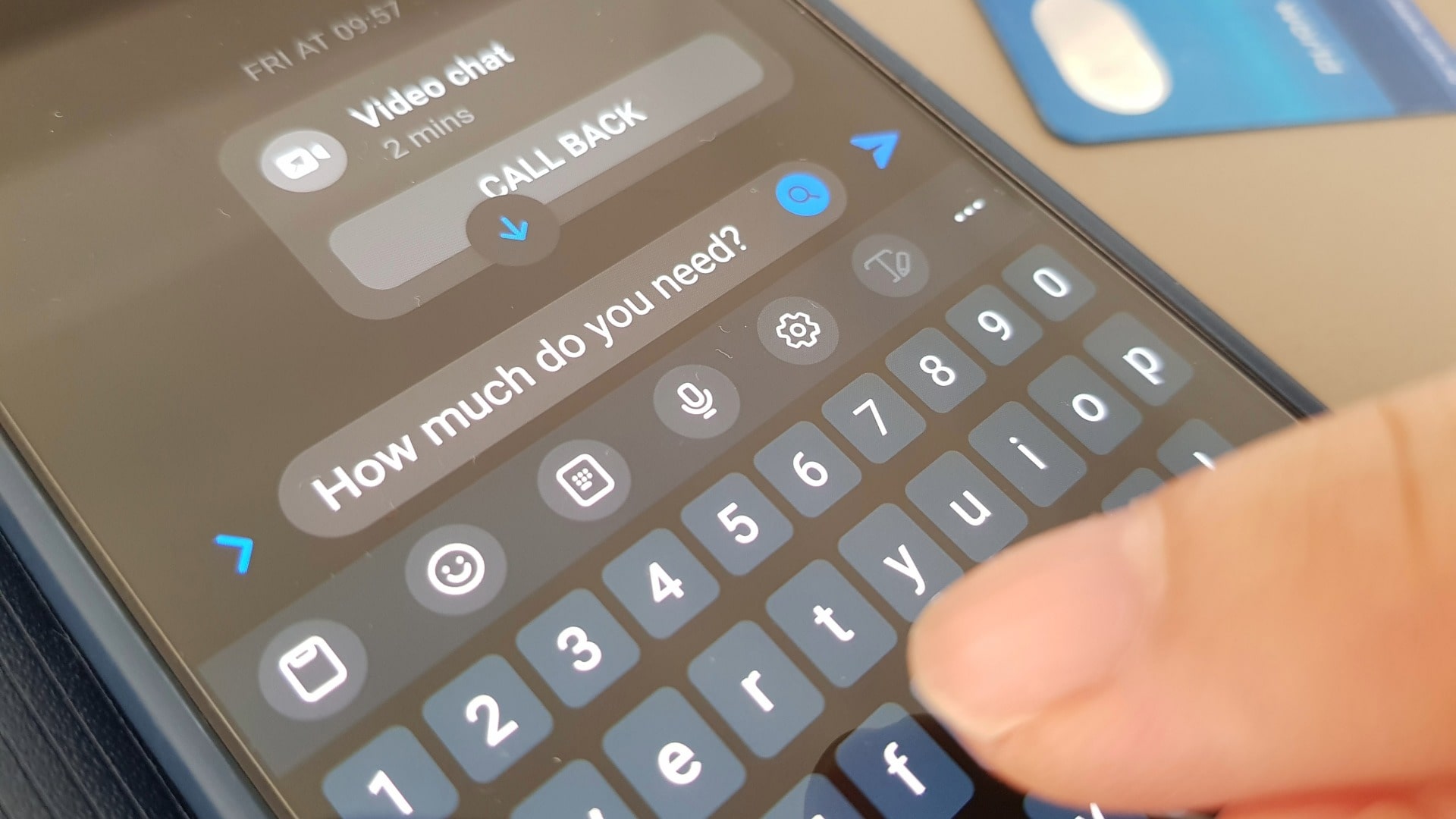
This article explains the dangers of romance scams while using online dating sites and the proposed H.R.2481: Romance Scam Prevention Act, which would require dating services to notify users about interactions they have on online dating platforms with previously identified scammers to help protect online daters and prevent fraud. This article also highlights the need for identity theft protection services provided by best-rated IdentityIQ.
From Tinder to Bumble to Hinge to Match.com and more, online dating has made it easier than ever to meet new people and fall in love. However, it’s also made it easier than ever for scammers to target those looking for love online.
Romance scams are one of the fastest-growing types of cybercrime, with an estimated 59,000 Americans falling victim and losing $697 million to romance scams last year. In response to this growing scam, Congress has introduced H.R.2481: The Romance Scam Prevention Act. The legislation is designed to help stop online dating fraud by requiring dating services to alert users when they’re contacted by individuals who have previously been banned for scams.
As a leader in identity theft protection and scam prevention, IdentityIQ is monitoring this proposed legislation. Here is more information on the legislation and how to help protect yourself against romance scammers.
What Is H.R.2481: The Romance Scam Prevention Act?
H.R.2481 is a bipartisan bill that aims to help stop the growing number of romance scams by holding online dating platforms more accountable by notifying users of interactions with possible scammers.
"This legislation is an important step in helping stop romance scammers in their tracks."
– Michael Scheumack, IdentityIQ chief innovation officer
Introduced by Rep. David Valadao, R-CA, the proposed legislation requires online dating platforms to send users a fraud ban notification if they interact with a user previously banned from the site for fraud.
The notification will include the following:
- The username or other profile identifiers of the possible scammer and the most recent time when the user received a message from the scammer
- A statement that the possible scammer may have been using a false identity or has attempted to defraud other users
- A statement that the user should not send money, gift cards, or personal information to the possible scammer
- Educational information about avoiding online fraud
- Contact information for the platform's customer service department
The House passed the legislation this summer with it now in the Senate for review.
“This legislation is an important step in helping stop romance scammers in their tracks,” said cybersecurity and scam prevention expert Michael Scheumack, chief innovation officer at IdentityIQ. “By requiring online dating platforms to disclose when a scammer reappears, we’re giving users the information they need to be proactive in protecting themselves.”
What Is a Romance Scam?
Romance scams usually begin with the scammer establishing a relationship with the victim online, usually through a dating app. The scammer builds trust with the victim and then invents a crisis or excuse that then leads to a request for money or personal information.
Scammers use fake profiles, fake photos, and fake documents to impersonate a possible dating match. With the rise of AI tools, scammers are now using AI-generated identities to appear genuine.
The Rise of AI and Digital Impersonation Scams
One reason H.R.2481 has been introduced into legislation is the heightened threat level that comes with advancing AI tools. Scammers are using AI voice cloning, deepfakes, and bots to impersonate real people, conduct video conversations, and sound completely authentic. This can make it extremely difficult for online daters to distinguish between fake and real online profiles.
“These scams work because they exploit emotion and trust,” Scheumack said. “Scammers know how to manipulate people and their desire for a connection. AI tools make it even easier for them to create messages and fake profiles that convince someone to hand over money and their personal data.”
How Older Adults Are at Risk for Romance Scams
The Federal Trade Commission (FTC) has recently warned of the increase in impersonation scams targeting older adults. They reported a four-fold increase in reports from older adults who have lost $10,000 or more due to impersonation scams, including romance scams, some even losing their life savings.
The FTC also reports people aged 40 to 69 are the most likely to report losing money due to a romance scam, and people 70 and older reported the highest individual median losses at $9,475.
The Goal of Romance Scams: To Steal Your Identity and Money
“The emotional part is the setup in romance scams. Financial and identity fraud is the real goal.”
– Michael Scheumack, IdentityIQ chief innovation officer
While romance scams can be seen as emotional fraud, it is really about your identity and your money. Scammers can ask victims to provide photos of official documents, share personal data, or unknowingly give access to financial accounts, as well as send money and gifts.
When scammers have your personal information, they can commit identity theft. This includes:
- Opening credit cards or loans in the victim’s name
- Committing tax or benefits fraud
- Selling data on the dark web
- Using the identity to scam others, including the victim’s loved ones
Scheumack said the scammers’ endgame isn’t just about money, it’s about stealing your identity so they can use it again and again to commit fraud.
“The emotional part is the setup in romance scams,” he said. “Financial and identity fraud is the real goal.”
What You Can Do to Avoid Romance Scams
While laws like H.R.2481 are a step in the right direction to help prevent romance scams, there are several additional steps you can take to help secure your information while dating online:
- Don’t send money to someone you haven’t met in person.
- Avoid sharing personal details with someone you’ve matched with online.
- Be cautious of connections who move too quickly or avoid video calls.
- Use reverse image searches to check for fake profile photos.
- Report suspicious activity to the dating platform.
- Use a VPN to keep your device secure while online.
- Enroll in IdentityIQ identity theft protection to monitor and protect your personal information.
How IdentityIQ Helps You Stay Safe Online
Protecting your identity and finances online is critical. Whether you use dating apps, social media, or shop online, your personal information is at risk.
IdentityIQ offers best-rated identity theft protection tools that go beyond traditional credit monitoring. IdentityIQ is designed to provide the fastest fraud alerts in the industry, so you can act quickly to stop suspicious activity before it is too late.
Features include:
- Dark web monitoring scans every corner of the dark web for your personal information and alerts you if it’s being traded or sold.
- Real-time fraud alerts are delivered in real time from all three major credit bureaus (Experian, Equifax, and TransUnion) for suspicious activity involving your identity or financial accounts.
- Credit report monitoring helps you keep an eye on your credit report across all major bureaus to catch fraud early and access your credit scores.
- Identity theft insurance provides up to $1 million in coverage, underwritten by AIG.
- U.S.-based fraud restoration services provide expert hands-on support to fully restore your identity and your peace of mind.
Bottom Line
H.R.2481: The Romance Scam Prevention Act is a step toward safer online dating. The legislation requires platforms to notify users about known scammers and help stop fraud.
While legislation is an important part of the solution, protecting your personal data with identity theft protection services remains essential. Whether you’re online dating or going online for social media or shopping, protect your heart and your identity with IdentityIQ.
Sign up for an IdentityIQ identity theft protection plan today.







